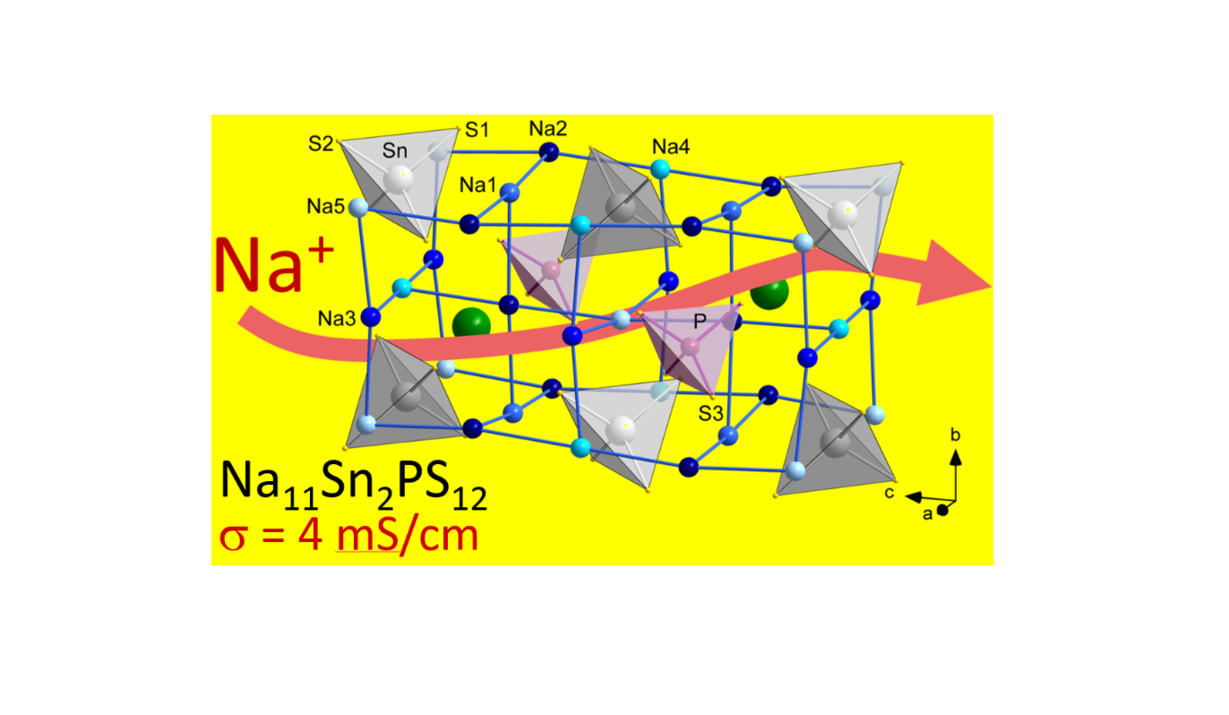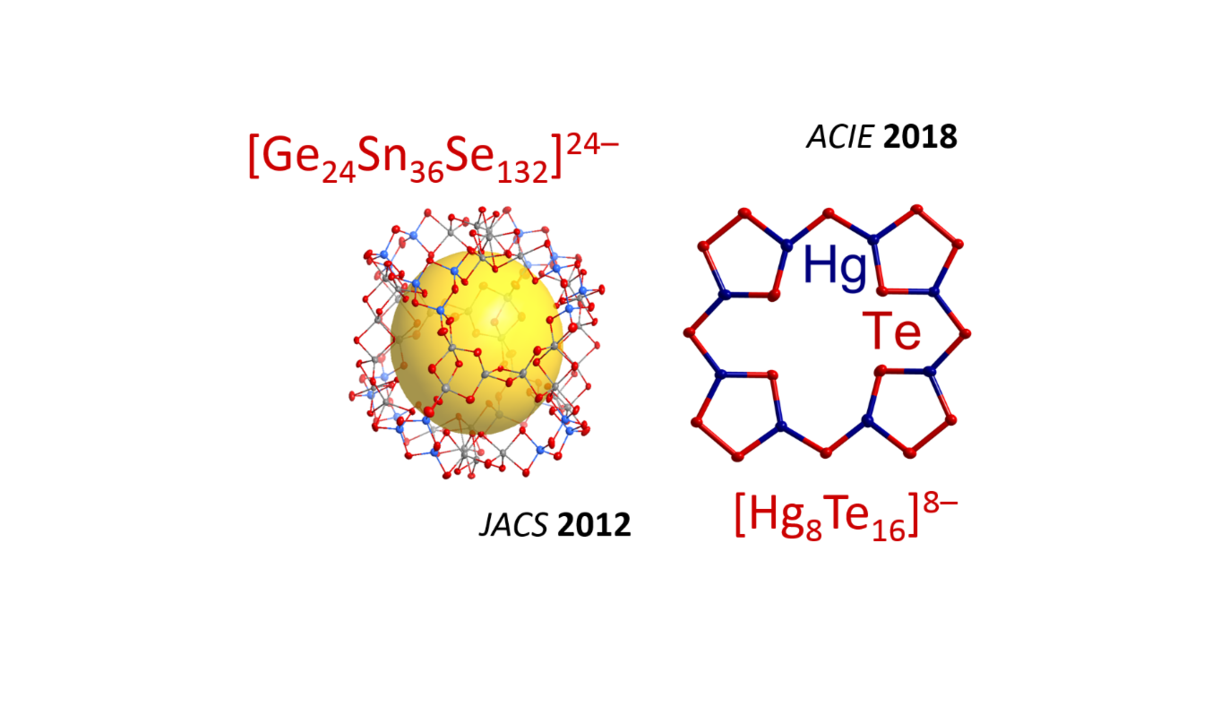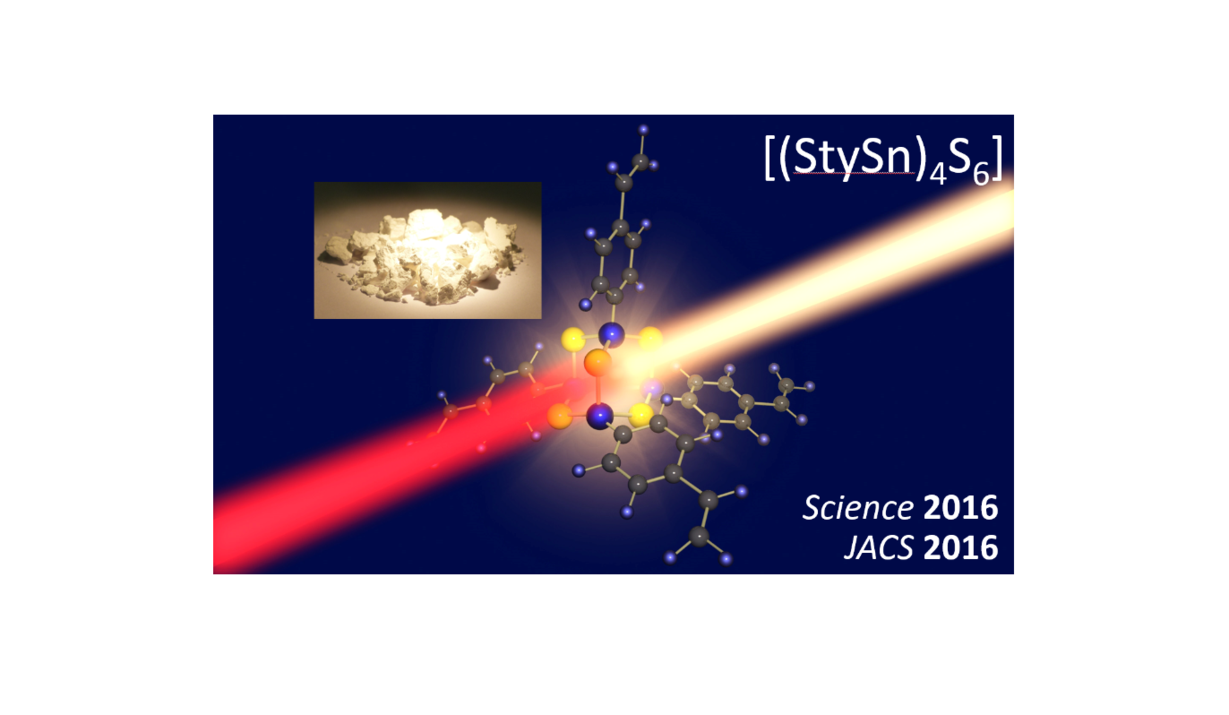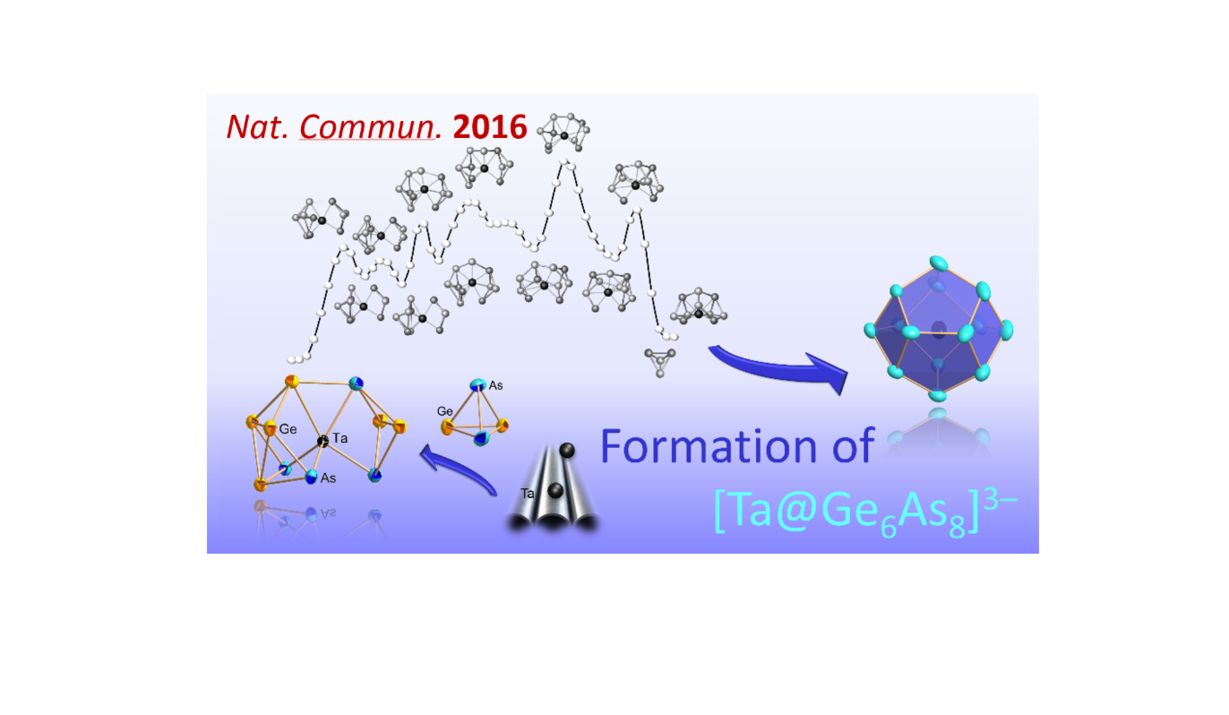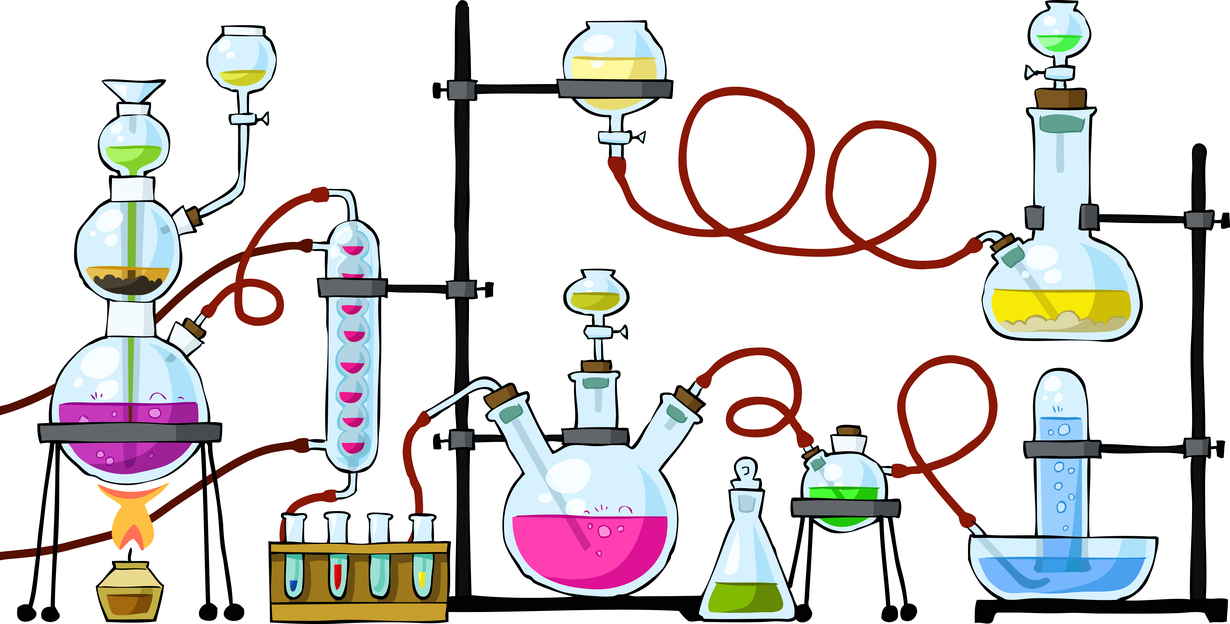Research Topics
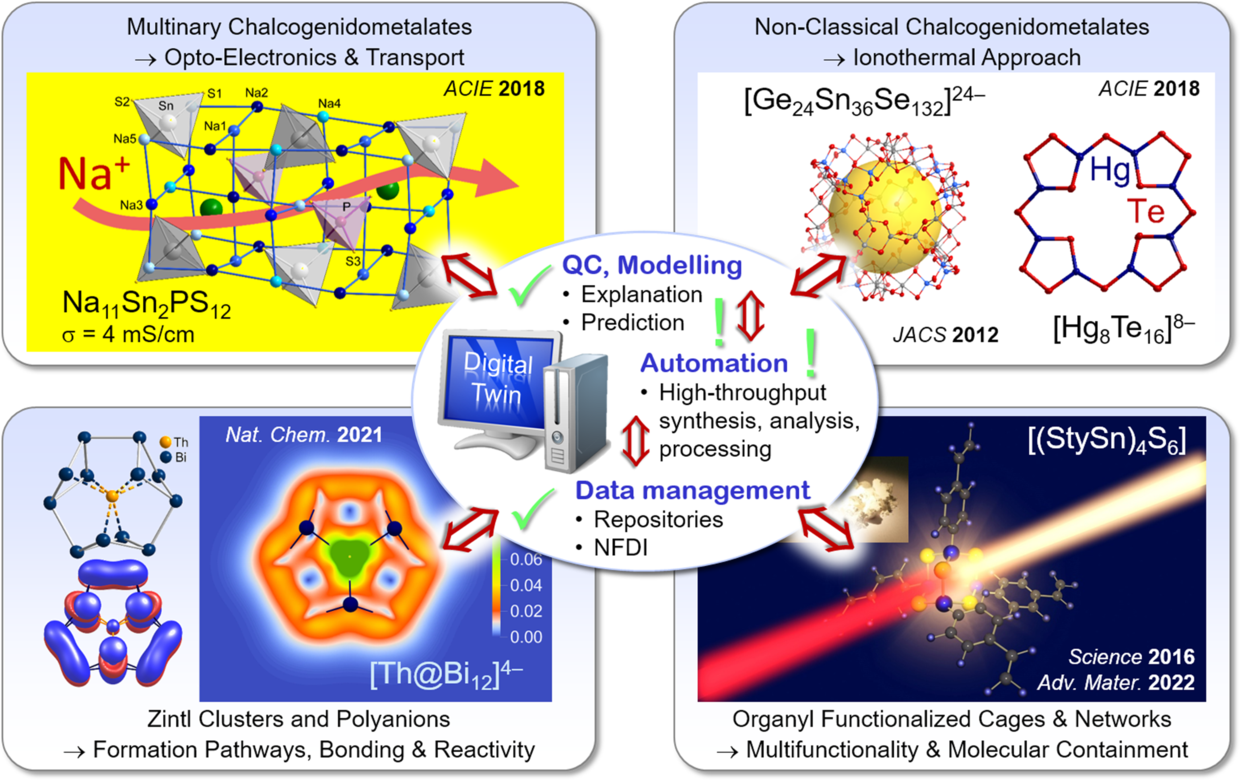
The Dehnen Group are experts for highly innovative, extremely sophisticated, and sustainable inorganic and organoelement synthesis, with their main focus on multinary cluster compounds. Clusters can be understood as the key linkers between small, defined molecules and much larger, yet atomically undefined nanoparticles. Like the latter, clusters show uncommon optical properties and exhibit remarkable chemical reactivity owing to a large number of (semi)metal atoms exactly defined at the atomic scale. Additionally, as with (semi)metal nanoparticles, they can help to solve future problems regarding energy transfer or storage and sustainable synthesis, but owing to their accurately defined compositions and structures, they serve to elucidate relevant fundamental knowledge of chemical bonding and reactivity. The understanding of both is critical to a sustainable design of innovative functional materials for future applications. Still, the big challenge in cluster chemistry is their controlled synthesis − the key competency of the Dehnen Group.
In the Dehnen Group, the design and preparation of novel, tailor-made clusters of different sizes and shapes are realized for a large variety of different compositions. To reach this goal, an innovative synthetic strategy is combined with predictive and post-synthetic quantum chemical studies. The underlying synthetic concept, which allows ready access to a multitude of multinary compounds and materials, makes use of binary units of main group element atoms, which are then extended by at least one component − further atoms or organic groups − in the quest to access specific classes of compounds characterized by novel properties. This affords either multinary inorganic clusters or multinary inorganic-organic hybrid compounds. Depending upon the elemental combination of the underlying binary building block, it is possible to control and fine-tune the structural, physical, and chemical properties of the products, which can be assigned to four families of compounds, as illustrated above.
Overarching goals of the research carried out in the Dehnen Group are:
- Molecular compounds as models for uncommon structural motifs, bonding situations, and interrelated electronic and magnetic properties, as well as their use as precursors for innovative materials.
- Functional clusters and cluster aggregates for molecular trapping and bond activation, for addressing biochemical questions, as well as for extreme nonlinear optical properties and the use for technical applications.
Characterization and functionality studies are undertaken by members of the Dehnen Group and in close collaboration with experts from across the world. The studies rely on the inextricable synergy between a multitude of experimental techniques (X-ray diffraction, spectroscopy, and spectrometry: XRD, IR/Raman, NMR, UV-visible, PL, ESR, impedance, Mößbauer, CV, ESI-MS, LIFDI-MS, TGA-MS, SQUID, EDX) and highly-sophisticated quantum chemical methods (DFT, HF-SCF/MP2, CC).
